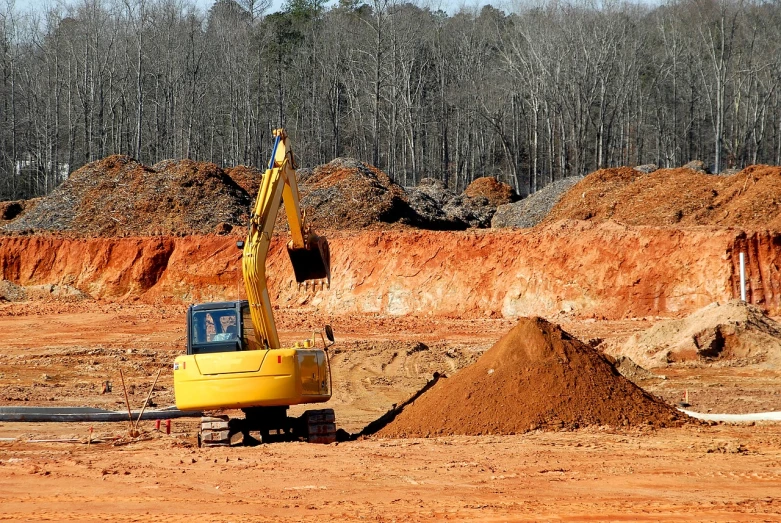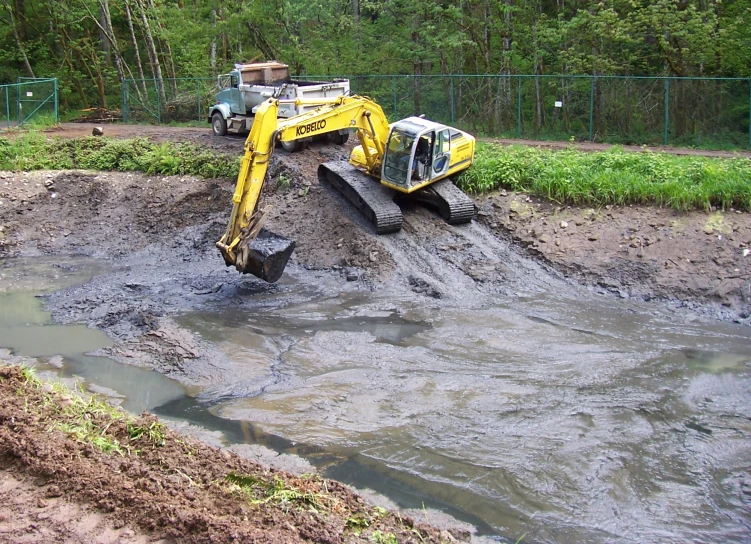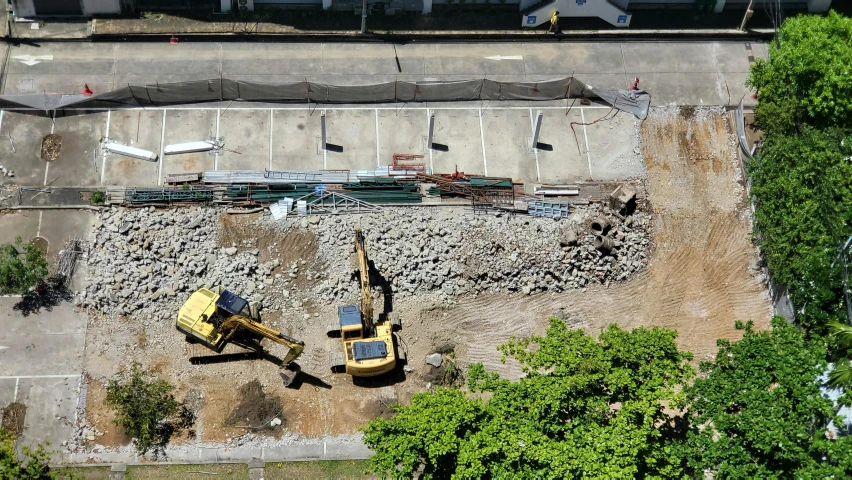1. Introduction
As a construction project manager, I understand the importance of excavators in modern construction. Whether it’s earthworks, building construction, or road repairs, excavators are indispensable heavy machinery. Knowing the hourly excavation cost of excavators is crucial for my project budget, helping me plan funds wisely and avoid overspending. This article will delve into the factors affecting excavator costs, average expenses, and how to effectively reduce usage costs, especially regarding the choice of used excavators and trucks.
2. Factors Influencing Excavator Costs
2.1 Type of Equipment
I have found that different types of excavators have significant cost differences. Small excavators are suited for tight spaces and have lower rental costs, but for large-scale earthmoving projects, larger excavators are more efficient, even though their hourly costs are higher. Therefore, selecting the right type of equipment directly impacts my project’s total cost.
2.2 Regional Differences
The cost of using excavators varies by region. In urban areas, due to higher living and labor costs, the hourly rate for excavators typically increases. Conversely, while equipment costs might be lower in rural areas, transportation costs and construction time may rise. Thus, considering market conditions at the construction site is crucial for my accurate budgeting.
2.3 Working Environment
The soil type and complexity of the construction site also influence the efficiency and cost of excavator use. I have noticed that soft soil is relatively easy to excavate, while hard soil or rock requires more powerful equipment, increasing fuel and time costs. Additionally, complex job sites may demand higher-skilled operators, impacting overall costs.
2.4 Renting vs. Buying
For short-term projects, renting an excavator is an economical choice, usually including operating and maintenance costs. However, for long-term projects, purchasing an excavator, while initially more expensive, can reduce the hourly usage cost in the long run. Balancing the project’s specific needs and budget is essential for me.
2.5 Choosing Used Excavators
I find that used excavators and trucks typically have lower purchase costs, making them suitable for budget-limited projects. However, caution is needed when buying used equipment to ensure its operational condition is good. Assessing the history, maintenance records, and performance of used excavators and trucks can help me reduce long-term maintenance costs.

3. Average Hourly Excavator Costs
3.1 National Average Rates
According to my market research, the average hourly cost of excavators usually ranges from $150 to $250, depending on the type of equipment and region. For instance, the cost for small excavators may be around $100, while large excavators can reach $300 or more. Used excavators generally cost less than new ones, depending on the machine’s age and condition.
3.2 Cost Components
The hourly cost of an excavator mainly consists of the following components:
- Equipment Depreciation: The decrease in value over the machine’s lifespan.
- Fuel Costs: The fuel consumption of the excavator directly impacts operating costs.
- Operator Wages: Skilled operators usually command higher wages, but their efficiency can significantly reduce overall costs.
- Other Related Expenses: Insurance, maintenance, and transportation costs.
4. How to Estimate Total Project Costs
4.1 Calculation Method
To accurately estimate the total project cost, I first need to understand the hourly cost of the excavator. By multiplying the hourly rate by the estimated hours of work and adding any additional costs (such as transportation and permits), I can determine the total project cost.
4.2 Using Online Tools
By utilizing online cost estimation tools, I can quickly obtain project budgets. These tools typically provide detailed breakdowns of expenses, assisting me in understanding each cost and making informed decisions.
5. Strategies for Reducing Excavator Usage Costs
5.1 Planning
By evaluating the construction site in advance and creating a detailed work plan, I can effectively improve construction efficiency and reduce unnecessary hours and costs.
5.2 Choosing the Right Equipment
Selecting the most suitable type of excavator based on project needs helps avoid inefficiencies from mismatched equipment. Used excavators can be a good choice when budgets are tight, but ensuring the equipment is in good condition is essential.
5.3 Optimizing Operations
Enhancing operator skills and training ensures they are familiar with equipment operations, which can reduce fuel consumption and mechanical wear, thereby lowering overall costs.
6. Conclusion
Understanding the hourly cost of excavators not only helps me prepare a reasonable budget but also ensures the smooth execution of projects. By selecting equipment wisely, planning thoroughly, and optimizing operations, I can effectively reduce excavation costs and enhance overall project efficiency.

7. Invitation to Inquire
If you are planning an excavation project, feel free to contact me for quotes or to learn more about excavator services. I offer professional consulting and services to help you complete your construction tasks smoothly. Please visit our website or call for more information.


